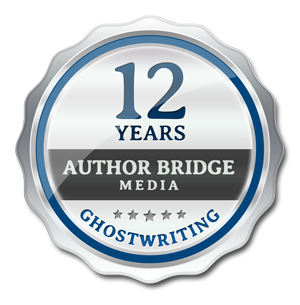Why do we tell stories?
The purpose of the story is to create connection and belonging.
Why do we tell stories?
From time immemorial, we as a humanity have wanted to share
our stories with each other.
From elders to youngsters, from warrior to warrior, from
oracles to kings or from playmate to playmate, we all have a desire to connect
through stories.
Stories gives us a universal sense of connection and
belonging.
 Your personal-story can create a strong emotional connection with your reader.
Your personal-story can create a strong emotional connection with your reader.Emotional Connection
When you are writing a book, you are creating powerful bonds with others. Whether you are telling your personal stories, sharing your knowledge and strategies, or painting a vision of the future, you stories create the emotional connection with your reader.
Start with Why
But you still need to be clear about your Why. (Hats off to
Simon Sinek, the viral TED speaker and author of Start with Why.)
When you write your book, the clearer you are about your Why
for writing it, the more powerful your book will be.
Some of the common Whys that our authors have for a book are
to:
- Boost credibility
- Attract more clients
- Inspire people
- Expand their income streams
- Leave a legacy
Knowing your Why affects what kind of book you write and how you write it.
For example, if your Number 1 Why is to be seen as an expert, your book will showcase your expertise, while also sharing your stories. If your Number 1 Why is to make a difference in the world, your book might have more inspiring stories.
 The purpose of the story is to bind us as humanity.
The purpose of the story is to bind us as humanity.What is your Why?
 Why do we tell stories? What’s your answer? Perhaps, to share your personal-story.
Why do we tell stories? What’s your answer? Perhaps, to share your personal-story.Whether you are writing your book, designing the cover, or marketing your published book, your Why shapes your choices. Of course, your book can fulfill many Whys. But knowing your Number 1, creates a clear purpose.
What’s your Number 1 Why for your book?
Why do we tell stories? I’d love to hear your answer.
by Helen Chang, ABM Editorial Director
Return to the top of "The purpose of a story" page

